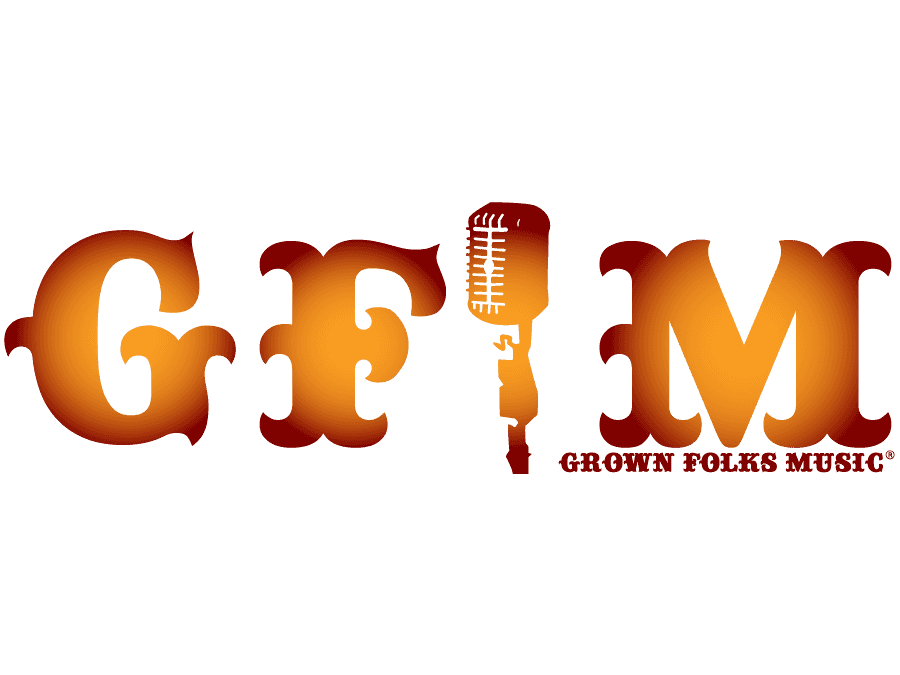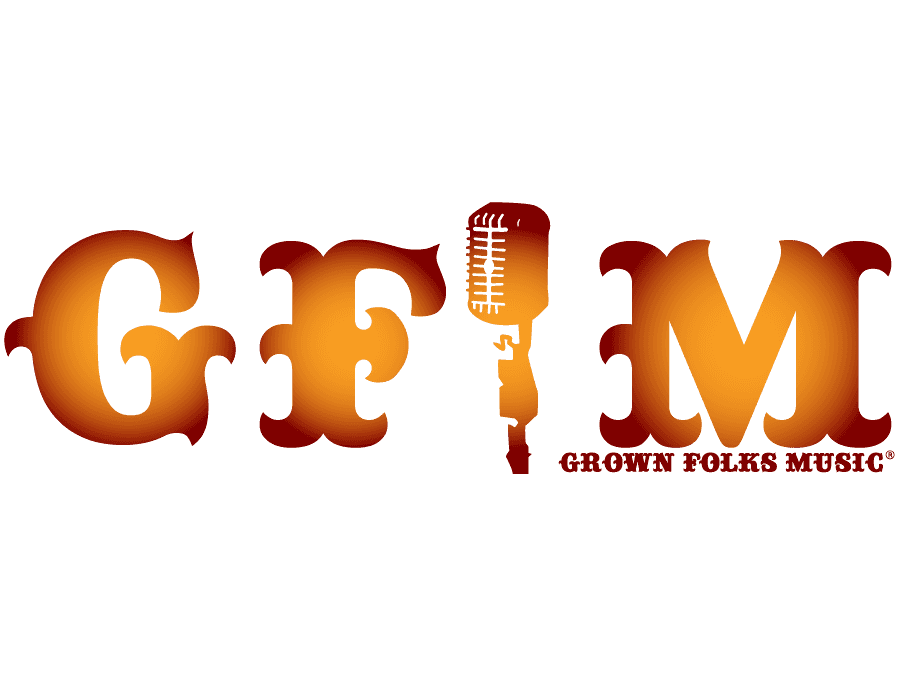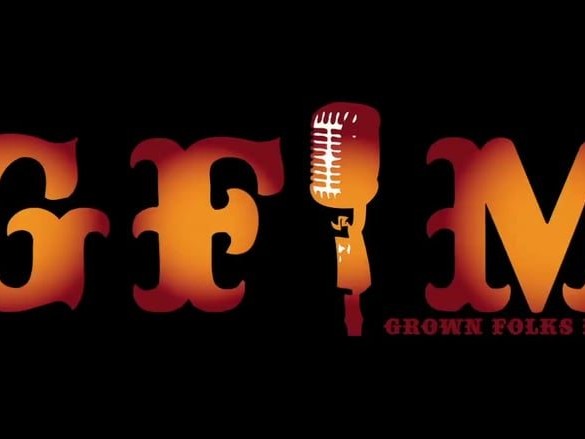First, I would like for you to consider the photo above for a moment and then I will explain why I have posted it. Secondly, I would like for you to consider this quote from Berry Gordy that I have used in our “Grow the Hell Up” Manifesto.
“Money had never been the main thing for me. It’s the legacy that was important.”-Berry Gordy
It’s pretty obvious but this is exactly what’s missing. A consideration of more than just today, next week, next month, next quarter, next year,next decade and so on. Sixty years later someone is still playing songs recorded by Motown.
Now I would like for you to give your attention back to the photo and now use your imagination and in front of the word family insert musical. So now our picture should say(in our mind’s eye) “My Musical Family Tree” herein lies a major problem for a lot of people who create music and some fans of music. What do you notice about the tree aside from our title? It’s blank.
Now I will say that most “artists” and “fans” will be able to fill in a few boxes and certainly, if you are reading this on this site and a member of the GFM fam you can fill in and create tons of boxes and links on this tree. But I guess with me saying that it really brings me to my point: We don’t need to just save music education in this country it needs to be totally revamped.
Why do I make this bold statement? Because in order to combat much of the ill-conceived gestures passed of as music today, there has to be an entire generation raised with a different approach and respect to what the true legacy of music is. Here are a few things that I think we could do to move music from commodity to legacy.
1. Make learning and playing music fun first and foremost. But always stress that the more you know about music the more fun you will have. In other words, if I just hand you a basketball and say go have fun without teaching you the rules, strategies and some developmental exercises that go along with the game, how much fun are you going to have?
2. Teach and participate in music for music’s sake. Could we please stop with the laundry list of ancillary benefits that an education in music provides? Truth be told a lot of these “experts” have lessened the importance of the art form. Of course it can help with math etc., but let’s let the math experts teach math and the music experts teach music.
3. We are all teachers. I don’t care if it is your child, niece, nephew, neighbor, play cousin or whatever we all have a responsibility as curators of this rich musical legacy. Whatever instrument a kid is into we should all take the time to find a classic example of a master playing that instrument, play it for the student and talk about it. 50% of the battle of learning how to play an instrument or sing is knowing what it’s supposed to sound like. If a kid comes to you and says “I love singing, I just want to sing!” can you imagine the impact it would have if all you did was hand them a recording of Donny Hathaway singing “Someday We’ll All Be Free” and told them to listen to it and practice with it for 15mins. a day everyday to work on tone production.
4. Closely related to #3 Feedback. Feedback not only with the aspiring music student, but with their formal music teachers and their music teachers that are not formal. As I stated earlier this is not just the responsibility of the school and in fact I would say that the responsibility falls more on us as a community to set the bar as high as we can. If we set the bar high everyone else will have no choice but to follow suit. Constructive criticism is positive reinforcement. If something doesn’t sound good don’t just say that sounds awful, try to get to the reasons why it may sound awful and then offer some concrete examples of something that sounds “good” even though we know that can be subjective. We are not dealing with taste here, just the difference between something sounding like the right note or rhythm and not sounding like the right note or rhythm.
5. Know your roots(no pun intended) context is everything. Whatever you do in music you should try to find out as much as possible what came before and what is going on now so that you may be able to forge your own path. Whatever instrument, genre you involve yourself in, learn as much about all of the innovators as possible. First and foremost learn the recurring theme that runs through all of them and that is music. I think far too often we spend too much time learning genres and not enough time learning music. But the key(pun intended) to it all is that if you learn music, you can play anything. A C7 chord is the same chord in Country, Gospel, Rock, Hip-Hop, R&B and whatever else. 4/4 time is 4/4 time no matter what the genre. If you want to be a songwriter, study the greats all the way back to Bach. Production same thing. Engineering same thing. Vocalist, instrumentalist all the same thing. Don’t do it as an exercise in futility, get to know all of your influences past and present in the most intimate way possible: listening to and playing their music over and over and over until it’s like breathing.
We have a real opportunity to here to right some wrongs as this world is becoming increasingly smaller. But in an information age we have to make sure that the right information is being brought forth. Musically we have to want and expect more of the generation that we have yet to hear from…they are waiting on instruction from us. We can’t leave the job to major record labels, the media or any other solely in it for the money entity to educate them and introduce them to great music. We have to do it! I’d love to hear some ideas from you!
Ivan Orr is a multi-instrumentalist, composer, performer, and writer. A native of Charlottesville, Virginia Ivan was involved with the forming and nascent days of The Music Resource Center as its first Program Director. A graduate of Virginia Commonwealth University’s Department of Music, Ivan currently resides in Richmond, VA where he maintains an active performance and production schedule while serving as the Music Editor for Grown Folks Music, a position he has held since 2010.
RELATED POSTS
April 2, 2010
The Grow the Hell Up Manifesto(Record Label Edition)
October 3, 2015
An Actual Legacy
March 9, 2010





